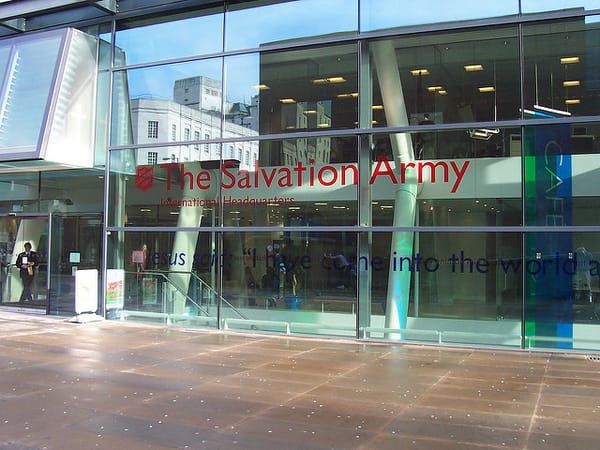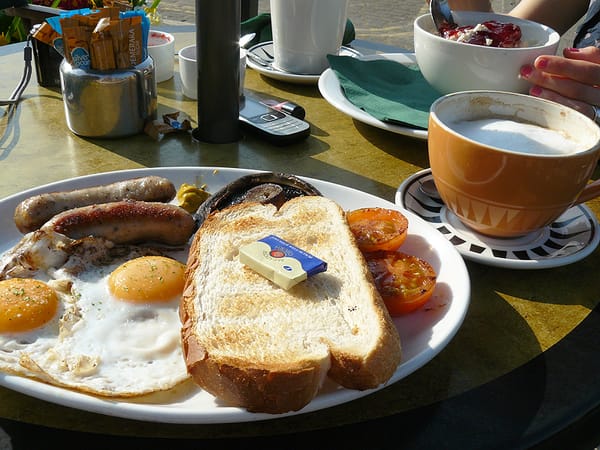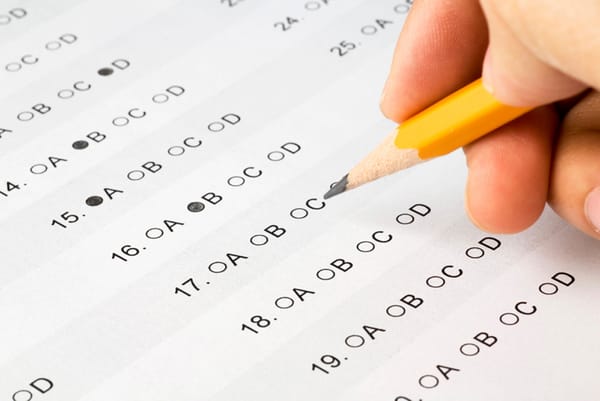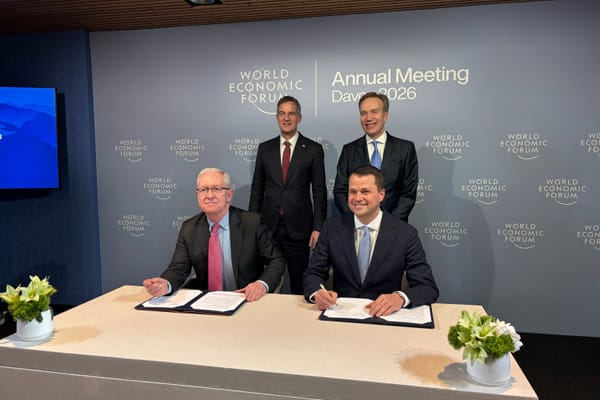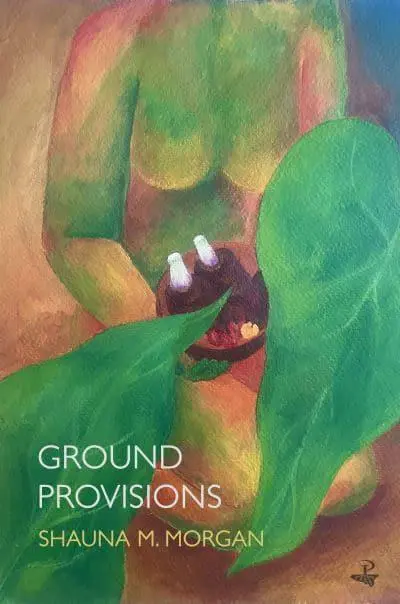Imperial maintains its place in the Times Higher Education global rankings
Imperial was rated the 8th best university in the world in this year's THE rankings, which look at a range of metrics

Imperial College London has maintained its ranking in the Times Higher Education (THE) World Rankings, placing 8th for the third consecutive year.
Imperial was one of three universities to make it into the top ten, alongside Oxford and Cambridge Universities, who came first and second, respectively. It was the first year the UK has achieved the top two rankings since the rankings began in 2004.
While Imperial stayed level in the rankings, there was a marked variation in the year-on-year score breakdown: Imperial’s score for teaching, which is based on a number of variables, including staff:student ratio, dropped 4.7 points from last year – the largest year-on-year drop since THE began their rankings in 2011.
A key determiner of ranking is the THE World Reputation Rankings, which establish institutional reputation among academics, and in which Imperial placed 18th. As well as the ‘Teaching’ score, rankings affect the score for ‘Research’, with Imperial seeing a 2.1 point rise year-on-year. This score placed Imperial 12th in the world for research, a rise from 18th last year.
Speaking to Times Higher Education, Nick Jennings, the vice-provost for research, said “we work hard to break down silos between academic departments and disciplines [and] encourage collaboration through global institutes, networks, and centres that bring together researchers from all our faculties.”
The survey, which is audited and signed off by PricewaterhouseCoopers, uses 13 performance indicators across five categories – ‘Teaching’, ‘Research’, ‘Citations’, ‘Industry Income’, and ‘International Outlook’ – to generate their overall score.
Overall, the UK maintained its competitive place in the rankings, with 31 institutions in the top 200, slightly down from 32 last year. Similarly London was judged to be the best university city in the world, with 14 universities in the top 500.
However, there are concerns that last year’s Brexit vote will negatively affect the UK’s rankings over time. Research income in particular, which goes toward a university's’ ‘Research’ score, is particularly linked to national policy; between 2010 – 2015, the amount of funding awarded to Imperial by EU bodies increased by 80%, to nearly £50 million.
Dame Minouche Shafik, director of the London School of Economics, warned in an article for the THE that “if the British government is not careful, decades of work to make the UK an attractive destination for students from around the world will be lost.” Out of the UK universities remaining in the top 200, more than half have dropped places since 2016.
One area in which UK universities are already struggling is ‘Industry Income’, with Imperial achieving the top score in the country, despite being ranked 119th globally.



